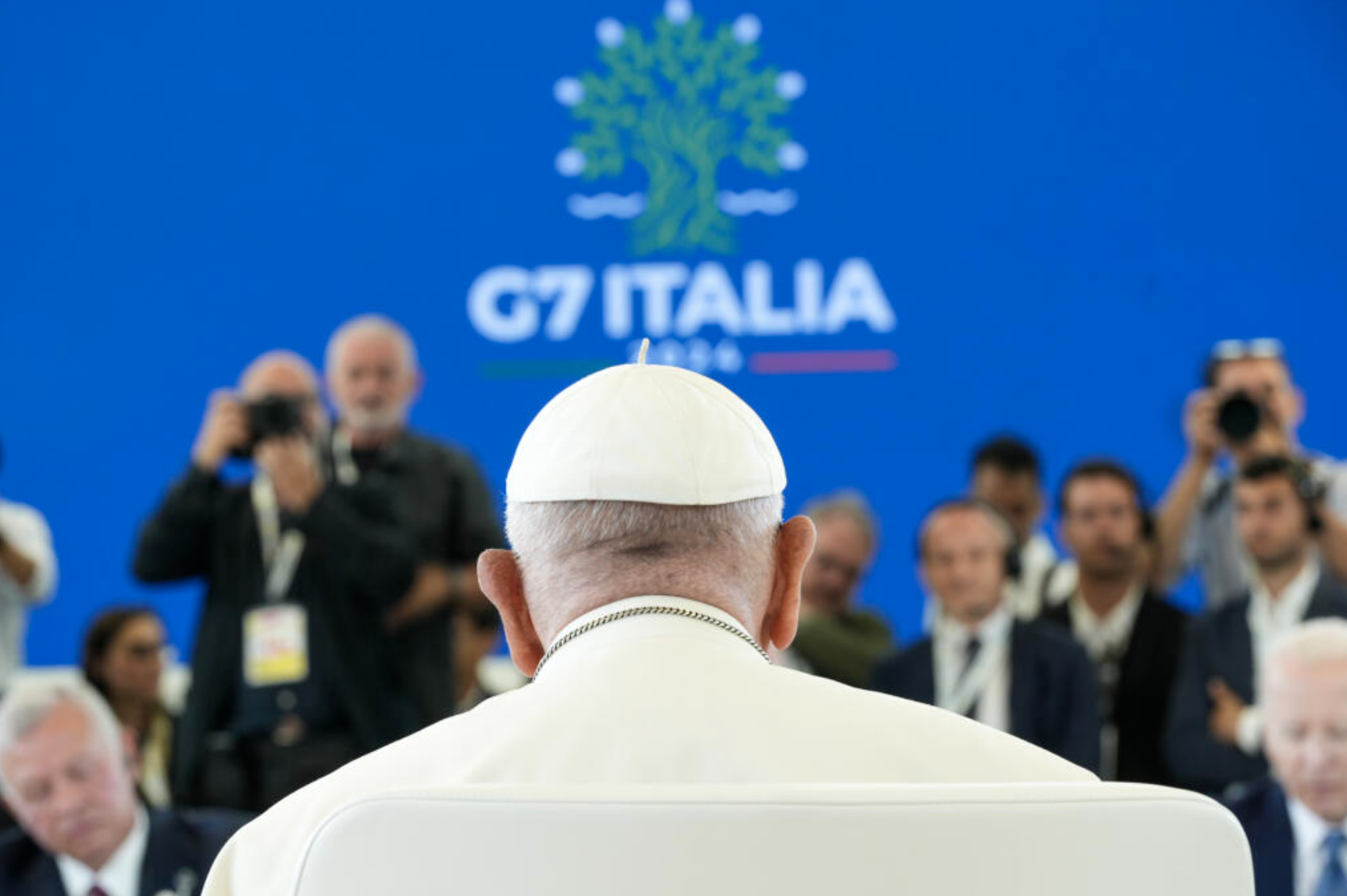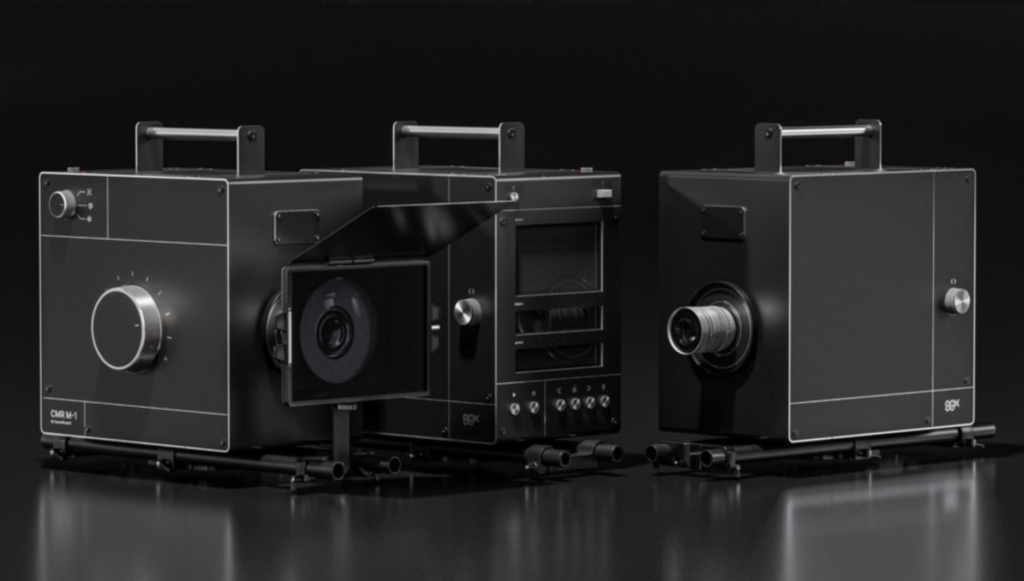
As a design leader interested in tech and AI, I am excited about the potential of AI-powered cameras to transform the film industry. The CMR-M1 AI-powered movie camera, with its Stable Diffusion workflow and cloud-based AI processing, is a game-changer. But as we harness the power of AI, we must also consider the ethical implications. Pope Francis has warned about the risks of AI, emphasizing the need for human oversight and control. In this post, I will explore the intersection of AI-powered cameras and the Pope’s views on AI governance, imagining a future where AI enhances human creativity.
The Potential of AI-Powered Cameras

AI-powered cameras like the CMR-M1 have the potential to streamline post-production workflows and open new creative avenues for filmmakers. With AI-driven effects and real-time monitoring, filmmakers can focus on storytelling and creativity. The democratization of AI-powered cameras could lead to a new era of on-the-fly, AI-assisted video production.
The Pope’s Views on AI Governance

Pope Francis has emphasized the need for human dignity and control over AI development to avoid misuse and ethical issues. He urges world leaders to ensure that AI progress serves the cause of human fraternity and peace. The Pope’s involvement adds moral authority to the global discourse on AI governance, highlighting the importance of prioritizing human-centered AI development.
Lessons Learned
The intersection of AI-powered cameras and the Pope’s views on AI governance offers valuable lessons. Firstly, we must prioritize human-centered AI development that benefits everyone, not just a select few. Secondly, we need to establish a regulatory and ethical framework for AI development to prevent the dehumanization of vulnerable populations and perpetuation of injustices. Finally, we must continue to push for stronger AI guardrails to ensure that AI enhances human creativity and dignity.
Envisioning a Future with AI
As we imagine a future where AI enhances human creativity, we must consider the ethical implications of AI development. We can learn from the CMR-M1 AI-powered camera, which demonstrates the potential of AI to augment human creativity. By prioritizing human-centered AI development and establishing a regulatory framework, we can ensure that AI benefits humanity as a whole. The Pope’s views on AI governance serve as a reminder of the importance of human dignity and control in AI development.
Designing for Human-Centered AI
As designers and AI/tech enthusiasts, we have a responsibility to create products that enhance human creativity and dignity. We must prioritize human-centered AI development, ensuring that AI serves humanity, rather than controlling it. By doing so, we can create a future where AI is integrated into our everyday products, enhancing our lives and empowering human creativity.
As we move forward, let us strive to create a future where AI enhances human creativity, dignity, and well-being. By prioritizing human-centered AI development and establishing a regulatory framework, we can ensure that AI benefits humanity as a whole. The Pope’s views on AI governance serve as a reminder of the importance of human dignity and control in AI development. As we imagine a future with AI, let us prioritize human-centered AI development, empowering human creativity and enhancing human dignity.
This blog post explores the potential of AI-powered cameras, the Pope’s views on AI governance, and the importance of prioritizing human-centered AI development. By considering the ethical implications of AI development, we can create a future where AI enhances human creativity, dignity, and well-being.
 AI-Powered Cameras and the Pope’s Views on AI Governance: Imagining a Future Where AI Enhances Human Creativity
AI-Powered Cameras and the Pope’s Views on AI Governance: Imagining a Future Where AI Enhances Human Creativity